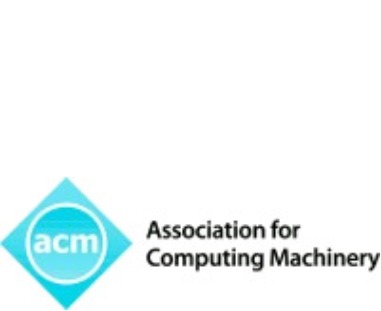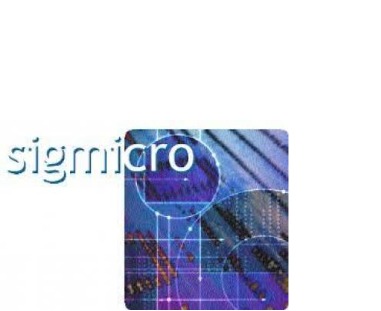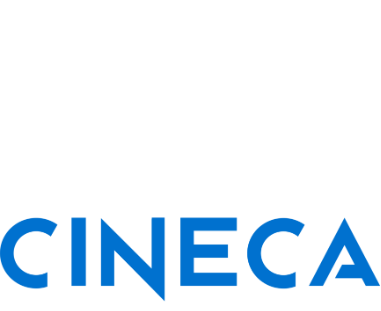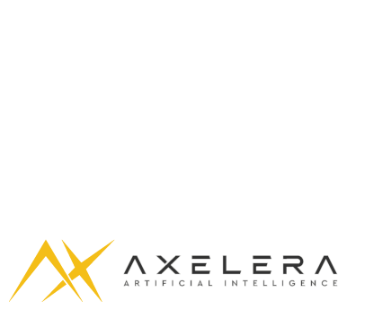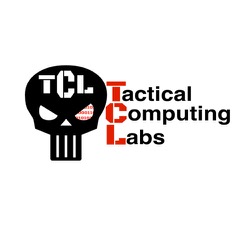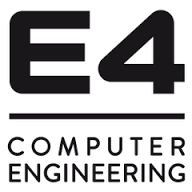Important Dates Full Papers
Paper Submission Deadline
Deadline Extended
January 11th, 2024 (AoE)
January 8th, 2024 (AoE)
Author Notification
February 15th, 2024 (extended)
Camera Ready
March 25th, 2024 (AoE)
Submission
Submit your paper
here
Socials

Previous Conferences
2023
2022
2021,
2020,
2019,
2018,
2017,
2016,
2015,
2014,
2013,
2012,
2011,
2010,
2009,
2008,
2007,
2006,
2005,
2004
General Co-Chairs
Claudia Di Napoli
ICAR-CNR, IT
Josef Weidendorfer
LRZ / TUM, DE
Program Co-Chairs
Henry Tufo
Colorado University, US
Sarah Azimi
Politecnico di Torino, IT
For more information, visit the website at
www.computingfrontiers.org
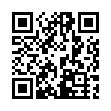
Workshops
THE TECHNICAL PROGRAM OF THE SCHEDULED WORKSHOPS CAN BE FOUND HERE.
Computing Frontiers 2024 will feature co-located workshops and special
sessions. Submission of papers to workshops will be handled separately from
the main conference.
Submission of papers to the workshops is handled separately from the main conference.
Please refer to the websites of the workshops for submission deadlines and
more details.
3rd Annual Compiler Frontiers Workshop (2024)
Aim and scope:
As architectures grow in complexity and power/performance requirements evolve far beyond what traditional computing facilities offer, advances in compiler technology are paramount to enable the construction of performant, power-efficient, and resilient application payloads. In this era of expanding architectural possibilities, this workshop seeks new research in compilers tailored for traditional architectures but also for the unique challenges posed by physical computing systems that perform computations based on their analog behavior. In addition to compiler technologies enabling new features (co-processors, accelerated instructions, tensor memory architecture engines, etc.) in traditional architectures (CPUs, GPUs, CGRAs, FPGAs), this year, in CFW, we seek to explore new compilation techniques for the intricacies inherent in emerging computing paradigms, such as analog computing, neuromorphic computing, near and in-memory processing, chemical reaction networks, among others, expanding the discussion to creative solutions when compiling for physical computing systems. This workshop serves as a gathering ground for researchers and experts from both industry and academia, fostering the presentation and exploration of the latest advances in Compilers for Computing Frontiers.
Topics of interest include, but are not limited to:
- Compiler extensions for HPC, Data Analytics, IoT, Cloud, and Edge computing
- Compiler design for low-power environments
- Compiler design for extreme parallelism
- Compiler optimizations and optimization frameworks
- Compiler optimizations for high-level abstractions
- Extensions to support analog computing
- Extensions to support neuromorphic computing
- Extensions to support computation with chemical reaction networks (CRNs)
- Extensions for emerging memory technologies (near and in-memory computing)
- Extensions to existing compiler frameworks: CLANG, GCC, MLIR, LLVM, etc.
- Template meta-programming constructs
- Domain-specific language compilers
- Compiler re-targeting for non-traditional/special-purpose architectures
- Compiler extensions for AI/ML architectures
- Application of ML to compiler technologies
- Compiler design for hardware description languages
- Compiler extensions for High-Level Synthesis tools targeting FPGAs or ASICs
- Compiler infrastructure to support new features in traditional architectures (CPUs, GPUs, CGRAs, FPGAs, etc.)
Workshop Website:
https://compilerfrontiers.github.io/
Important Dates:
Submissions Deadline: February 16th, 2024 AOE March 1st, 2024 AOE (extended)
Author Notification: March 15th, 2024
Camera-Ready Papers Due: March 22nd, 2024 AOE
Workshop date: held in conjunction with the CF'24 conference (May 7th - 9th, 2024)
2nd Open-Source Hardware Workshop (OSHW24)
Aim and scope:
The workshop aims to bring together researchers and practitioners working in the fields of computer architecture, electrical engineering, and computer science to discuss and share their latest research and developments in open-source hardware and related open-source software. We welcome submissions on a wide range of topics, including but not limited to:
- Design/implementation based on open-source processors, memory systems, and I/O devices
- CAD tools and methodologies for hardware design based on open-source
- Embedded systems and IoT devices based on open-source
- PCB, FPGA, and ASIC design and fabrication based on open-source
- Firmware and software for embedded systems based on open-source
- Compilers and frameworks based on open-source
- Test and Verification frameworks for hardware based on open-source
- Power and Energy-Efficient systems based on open-source
- Hardware security and trust in open-source systems
Workshop Website:
https://cfwosh2024.github.io/
Important Dates:
Abstract submission deadline: March 3, 2024
Notification of acceptance: March 10, 2024
Camera-ready deadline: March 17, 2024
Workshop date: held in conjunction with the CF'24 conference (May 7th - 9th, 2024)
Malicious Software and Hardware in Internet of Things (MALIOT24)
Aim and scope:
Cyber-physical and smart embedded systems, already highly networked, will be even more connected in the near future to form the Internet of Things, handling large amount of private and safety critical data. The pervasive diffusion of these devices will create several threats to privacy and could open new possibilities for attackers, since the security of even large portions of the Internet of Things could be harmed by compromising a reduced number of components. The possibility of securely updating devices should be guaranteed and it should be possible to verify and assert the root of trust of components. With respect to this context we expect contributions in different areas of security in Internet of Things. Topics of the workshop include but are not limit to:
- Malicious firmware design and detection
- Malware in Internet of Things applications
- Hardware root of trust
- Privacy issues of smart-home systems and complex systems
- Hardware Trojans and their effects on systems
- Hardware authentication and IP protection
- Secure communication and key-management
- Implementation attacks and countermeasures
- Emerging threats and attack vectors in the Internet of Things
- Supply chain security
Workshop Website:
http://mal-iot2024.alari.ch/index.html
Important Dates:
Submission deadline: February 21, 2024
Author Notification: March 20, 2024
Camera-Ready Papers Due: March 25, 2024


